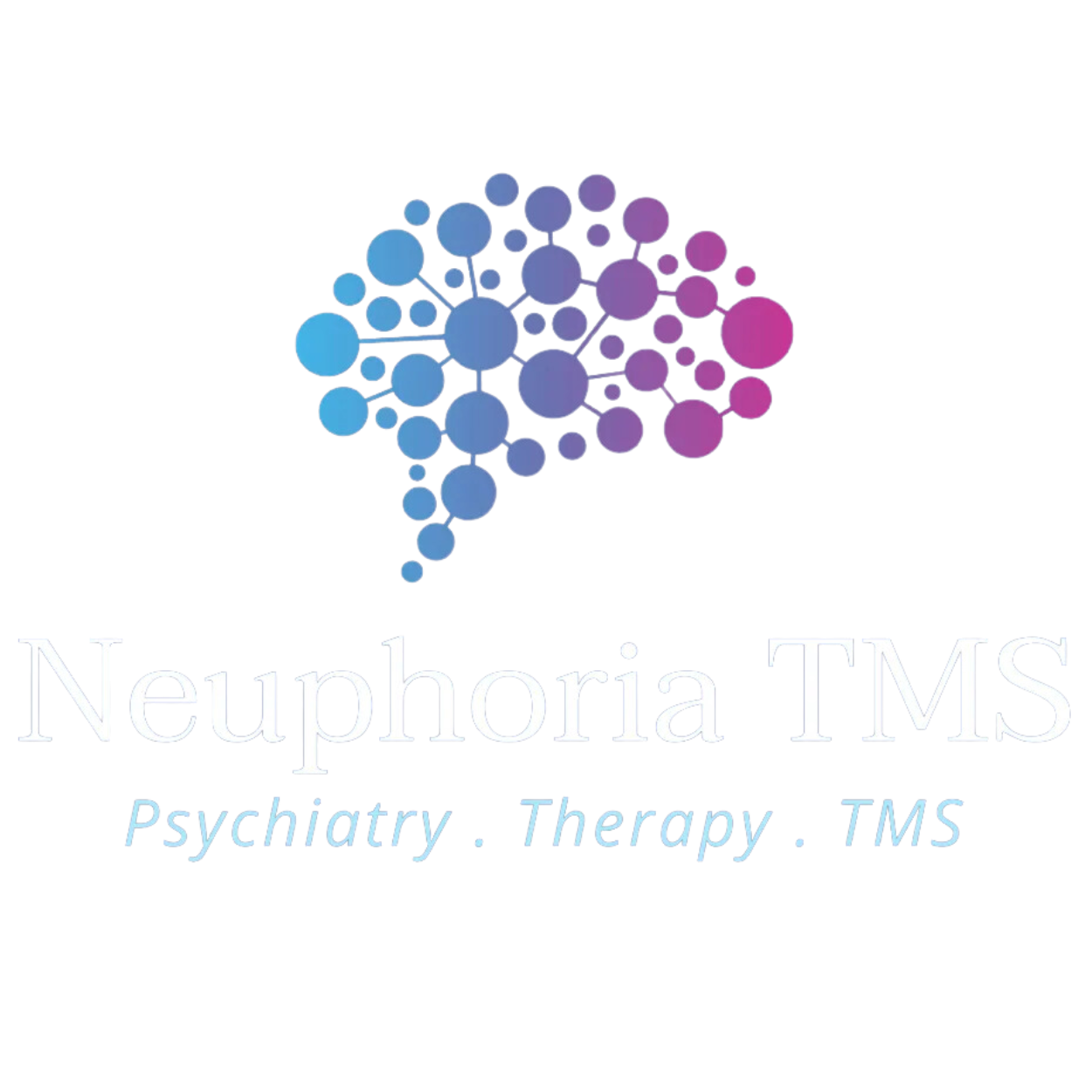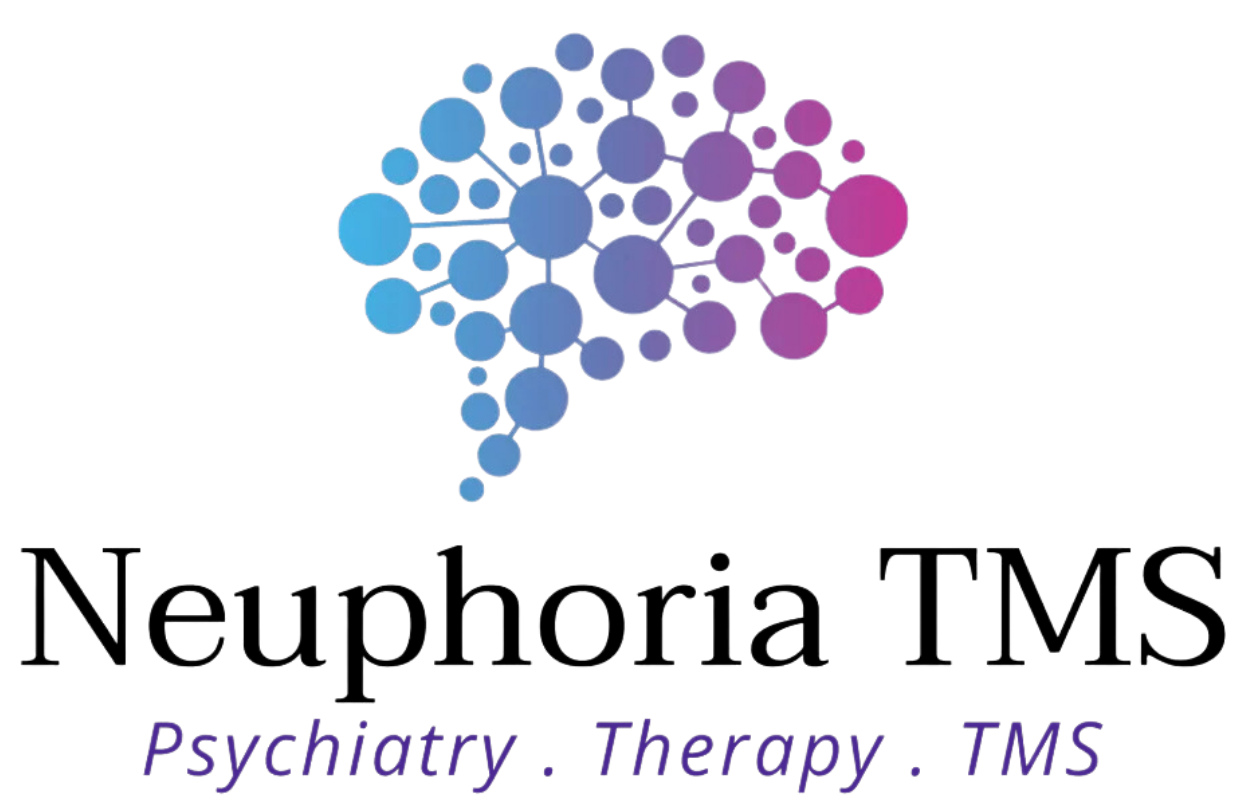Latest News
Latest Blog Posts

The Unseen Battle Within: Untreated Depression and its Impact on the Brain
"TMS Therapy saved my life, it enabled me to be the best version of myself. Fighting depression and anxiety were ruining my relationships, my career, and my physical health. TMS Therapy was the only thing that worked. Now I can be the person I’ve always wanted to be!" -TMS Patient
Introduction:
Depression, often dismissed as a fleeting emotion, is a profound mental health condition that can have lasting effects on the brain when left untreated. Recent studies shed light on how prolonged depression can alter crucial brain regions, leading to a cascade of cognitive and emotional changes. In this blog, we delve into the impact of untreated depression on key brain areas such as the hippocampus, thalamus, amygdala, and prefrontal cortex, exploring the long-term consequences and potential solutions for those grappling with clinical depression.
The Brain Under Siege:

1. Hippocampus:
Pioneering research, such as that conducted by the National Institute of Mental Health (NIMH), reveals that untreated depression is associated with a reduction in hippocampal volume. The hippocampus, vital for memory and emotional regulation, undergoes structural changes, impairing its functionality and contributing to memory deficits and emotional instability.
2. Thalamus:
The thalamus, acting as the brain's relay station for sensory information, is also affected by untreated depression. Studies, including those from the Journal of Psychiatric Research, suggest alterations in thalamic connectivity, potentially explaining disruptions in sleep, perception, and overall cognitive function observed in individuals with chronic depression.
3. Amygdala:
The amygdala, a key player in emotional processing, undergoes hyperactivity in untreated depression. This heightened emotional response, supported by studies from the American Journal of Psychiatry, can lead to increased anxiety, fear, and an inability to regulate emotions effectively.
4. Prefrontal Cortex:
The prefrontal cortex, responsible for decision-making and impulse control, experiences decreased activity in cases of prolonged depression. Research published in Biological Psychiatry indicates that untreated depression can impair the prefrontal cortex, contributing to difficulties in concentration, decision-making, and goal-directed behavior.
Clinical Depression: Recognizing the Signs and Symptoms:

Clinical depression extends beyond occasional sadness, encompassing persistent feelings of hopelessness, fatigue, changes in appetite, and disrupted sleep patterns. It affects daily life, hindering one's ability to function normally and enjoy once-pleasurable activities. Recognizing these symptoms is crucial for early intervention.
Treatment Options: Beyond the Basics:
Commonly, treatment for depression includes psychotherapy, medication, or a combination of both. However, an emerging and promising alternative gaining traction is Transcranial Magnetic Stimulation (TMS) therapy.
Transcranial Magnetic Stimulation (TMS) Therapy: A Beacon of Hope:
TMS therapy, supported by numerous clinical studies, involves using magnetic fields to stimulate specific regions of the brain, particularly the prefrontal cortex. Unlike traditional treatments, TMS is non-invasive and offers targeted relief without the side effects often associated with medications.

Studies, such as those published in Future Pysch Solutions, highlight TMS therapy's efficacy in treating clinical depression, with improvements observed even in treatment-resistant cases. Its ability to modulate neural circuits associated with depression makes TMS a promising long-term solution.
Conclusion:
Untreated depression is not a mere emotional slump; it can reshape the very structures of the brain, impairing cognitive function and emotional well-being. Recognizing the signs of clinical depression is crucial, as is exploring innovative treatments like TMS therapy, which offers hope for those seeking lasting relief and a chance to reclaim their lives from the clutches of this silent battle.
Are you or someone you know, suffering from Clinical Depression? Leaving depression untreated can be detrimental to your brain's long term health. See how TMS therapy can help you find relief from your depression, even remission, with Neuphoria TMS. Call or text us today!
TMS is covered by insurance


Contact Info
Address: 1221 Medical Center Dr.
Wilmington, NC 28401
Phone: (910) 239-0300
Fax: (910) 756-4546
Email: info@neuphoriatms.com
Business Hours
Mon: 9am - 5pm
Tues: 9am - 5pm
Wed: 9am - 5pm
Thurs: 9am - 5pm
Fri: 9am - 5pm
Sat/Sun: Closed
For informational purposes only, a link to the federal Centers for Medicare and Medicaid Services (CMS) Open Payments web page is provided here. The federal Physician Payments Sunshine Act requires that detailed information about payment and other payments of value worth over ten dollars ($10) from manufacturers of drugs, medical devices, and biologics to physicians and teaching hospitals be made available to the public. It can be found at https://openpaymentsdata.cms.gov
We accept insurance.

Dr. ____, MD
Insert Doctor Bio

Contact Info
Address: 1221 Medical Center Dr. Wilmington, NC 28401
Phone: (910) 239-0300
Fax: (910) 756-4546
Email: info@neuphorianc.com
Business Hours
Mon: 9am - 5pm
Tues: 9am - 5pm
Wed: 9am - 5pm
Thurs: 9am - 5pm
Fri: 9am - 5pm
Sat/Sun: Closed
For informational purposes only, a link to the federal Centers for Medicare and Medicaid Services (CMS) Open Payments web page is provided here. The federal Physician Payments Sunshine Act requires that detailed information about payment and other payments of value worth over ten dollars ($10) from manufacturers of drugs, medical devices, and biologics to physicians and teaching hospitals be made available to the public. It can be found at https://openpaymentsdata.cms.gov








